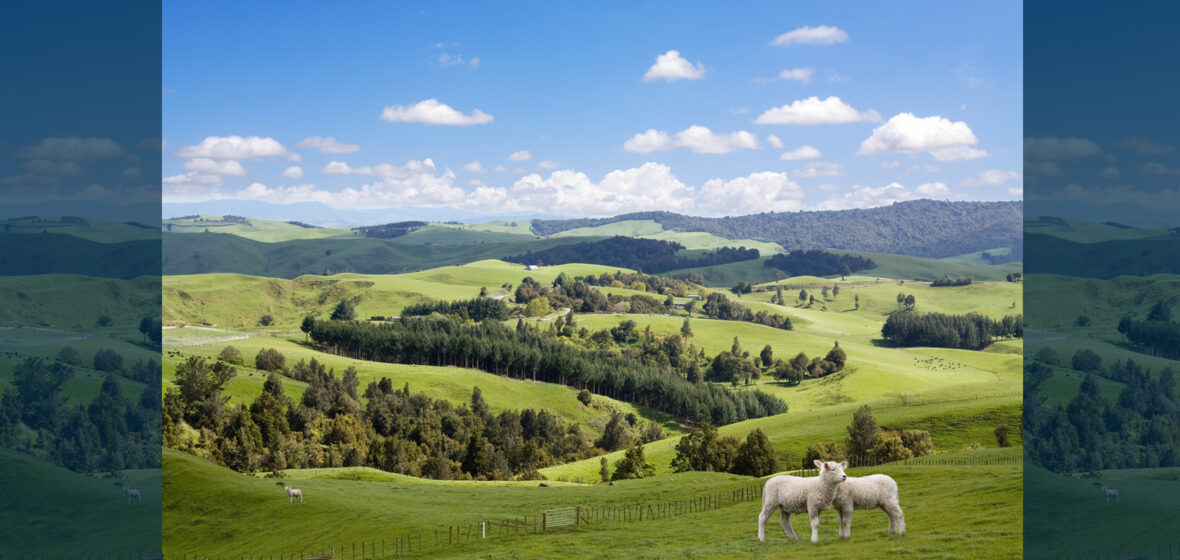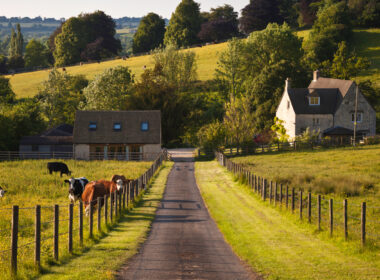Snapshot
- Solicitors acting in transactions involving ‘GST free supply of farmland’ under the Income Tax Assessment Act 1997 should bear in mind that even if your client has been ‘carrying on a business’, it does not mean the purchaser will as well.
- This will have GST implications and if in doubt, practitioners are encouraged to read Taxation Ruling 97/11 and the relevant cases (you can also apply for a ruling).
- Ensure you have adequate special conditions in the contract to protect your client, e.g. where a purchaser may say they will be ‘carrying on a business’ but in fact will not.
Barry and Judith have owned a large rural property since 1993. They come to you to discuss selling a 22 acre block on which they live. The block is part of their larger rural property of 1,000 acres on which they conduct a farming business, which is situated close by.
Their neighbours, a newly married couple who recently moved from Sydney, have made an offer they couldn’t refuse to buy the block. It comes at the perfect time as Barry and Judith have been thinking about taking advantage of the downsizer contribution to build up their superannuation account balance to prepare for retirement.
Barry and Judith have run sheep on the land since it was acquired in 1993 as part of their overall farming business.
They tell you their agent advised that the purchaser will also be running sheep, so you tick the box to indicate that the sale will be a GST free supply of farmland and hand the file over to your conveyancing clerk.
You exchange contracts and as it was a cash purchase, the sale is settled the next day.




